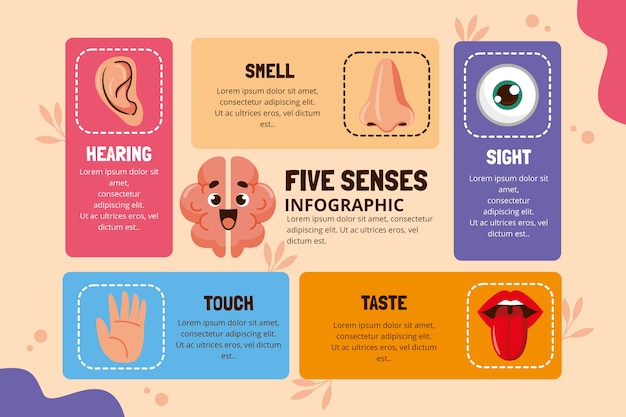Poop Facts – Surprising and Fascinating Things about Human Waste

Did you know that an average person produces about half a pound of poop per day?
The color of your poop can reveal a lot about your health, so pay attention!
In ancient times, human poop was used as a fertilizer for crops.
The world’s largest recorded poop weighed over 26 feet long.
Some animals use their poop to mark territory or communicate with others.
The smell of your poop is mainly due to bacteria breaking down food particles.
Your poop can float or sink depending on the amount of fat and fiber in your diet.
In some countries, there are laws that require toilets to have a minimum flush strength to properly dispose of poop.
An ostrich’s poop is so strong it can dissolve metal.
The average time it takes for food to travel through your digestive system and turn into poop is 24 to 72 hours.
Poop is composed of mostly water, dead bacteria, and undigested food.
Some species of animals, like rabbits, eat their own poop in order to absorb more nutrients from their food.
Believe it or not, there’s a Guinness World Record for the largest toilet paper roll collection.
The smell of your poop can be affected by certain medication you take.
There are poop-themed cafes in some countries where you can enjoy food shaped like poop.
Whales poop in massive amounts, which helps to fertilize the ocean and promote marine life.
People have been pooping since the beginning of human existence – it’s a natural process!
Poop Facts – Surprising and Fascinating Things about Human Waste part 2
Your poop can provide valuable information about your overall health and digestive system.
In space, astronauts have to deal with poop differently, as traditional plumbing systems don’t work the same way.
Dogs can be trained to poop in specific areas through a process called toilet training.
Gorillas are known for flinging poop at each other as a means of social communication.
The Bristol Stool Scale categorizes poop into seven different types, ranging from hard lumps to liquid consistency.
Certain animals, like dung beetles, rely on poop as a source of food and as a place to lay their eggs.
In some ancient cultures, people believed that different shapes of poop could bring good or bad luck.
The size of your poop can vary depending on the amount and type of food you consume.
Some plant seeds rely on animals eating their fruits and dispersing the seeds through their poop.
The distinctive smell of poop comes from the presence of sulfur compounds.
Your poop can contain small amounts of precious metals like gold and silver, although in very tiny quantities.
The World Poop Museum in South Korea showcases different poop-related exhibits from around the world.
The process of poop formation is called peristalsis, which involves the contraction and relaxation of muscles in the digestive system.
The concept of a luxury toilet exists, with features like heated seats, bidets, and even music playing capabilities.
The smell of your poop can be affected by what you eat, such as garlic or spices.
Elephant poop is an essential part of the ecosystem, as it helps in the distribution of seeds and nutrients.
The average adult spends about 92 days of their life on the toilet, including time spent pooping and other bathroom activities.
Some insects, like the dung beetle, roll balls of poop in which they lay their eggs and provide food for their offspring.
The poop of some marine creatures, like the humpback whale, provides important nutrients for the growth of phytoplankton.
The ancient Romans used a sponge on a stick called a tersorium to clean themselves after pooping.
Poop-themed board games, like Don’t Step In It, have gained popularity in recent years.
Hippos often defecate while in the water, which helps to control their body temperature and avoid overheating.
The city of Suwon in South Korea has a poop-themed park called Haewoojae, dedicated to promoting public health and sanitation.
Some diseases, like cholera, can be spread through contaminated poop, emphasizing the importance of proper hygiene and sanitation.
The Sousse Snake Festival in Tunisia features a parade where participants march while holding a snake made of poop.
In the animal kingdom, poop can be used as a weapon for defense or attack.
The average person spends around 3 years of their life on the toilet.
Poop can be used as a source of renewable energy through processes like anaerobic digestion.